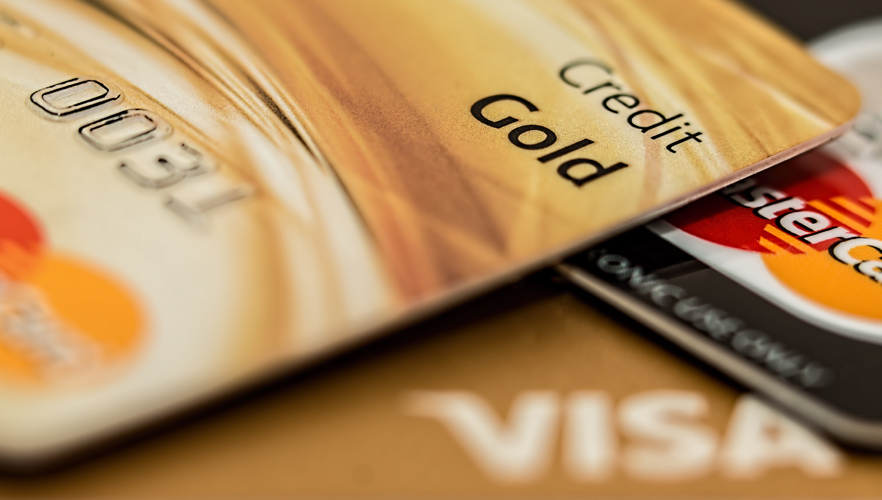
There are a lot of questions surrounding improving credit scores, and if you’re looking for a simple answer to how to increase your credit score, there isn’t one. There are so many factors involved with increasing your credit score.
There are a few things to know about credit. First is that your credit score is a predictor of your future spending habits. Secondly credit is not a point system, but rather an algorithm meaning you do not get points for payments and paying off credit cards and other seemingly positive factors of good credit, but you also don’t get negative or minus set points for collections or missing payments (although both of those actions will hurt your score).
Finally, you have to have credit to have good credit; if you look at credit like a basketball game then you would need to have players on the court in order to score. Cash is not king here, if you pay off everything and do not use financing, then your credit score will start to decrease over time. You have to look at credit in the prism of actions and behaviors.
Credit Scores Aren’t Always Apples To Apples
When Experian was hacked several years ago, they exposed the personal information of nearly 150 million people, along with access to lots of spending habits. If you were to try and predict how someone would handle a new credit card and they have had a collection in the past, then the credit bureaus literally can pull five million people who have had a collection within the past eight months and follow them to present day. A certain percentage would have more collections, a certain percentage would realize the error and pay off the collection, and a certain percentage will continue living with a collection on their credit without much though.
Your credit score is there to tell future creditors what your chances are of falling into each category. That’s why your buddy’s collection dropped 150 points and your collection may only lower by 60 points. It’s not always apples to apples.
3 Tips To Increase Your Credit Score
1. First and most importantly, pay your bills.
Timely payments are one of the largest factors in predicting your future behavior. If you don’t have any credit reporting on your report, go out and get some secured credit cards.
You can go to home décor and electronic stores and buy something with credit you may have to put down a big chunk of cash, but if they will give you credit, then take it (and don’t overextend yourself).
2. Don’t close out your accounts.
Instead, use them sporadically if you get a good relationship and don’t want to use the card then put it away, but don’t cancel the account. When you cancel accounts your credit usage will increase, which increases the chance that your credit score could decrease.
3. Keep your balances low and limits relative to your earnings.
If you have increased your pay but still have the same three credit cards from your early 20’s with $500 limits, call the creditors and ask them to increase your limits. This may take more than one request. I personally have battled with a credit card company only to be denied 0% and limit increases, however once I paid the balance off and put the card in the drawer, that same creditor sent me a credit extension and 0% offer letter within 30 days of no spending. The creditors need you and letting pride get involved with credit is a bad idea on both sides.
There are obviously more ways to increase your credit score, but the above three tips are the ones that I have personally tested in my journey from increasing my credit from 580 to 780.
If you need help understanding your credit scores or tips to help increase yours in the hopes of buying home, contact the Blink team this week and let us help you. It’s what we do, and we know that no credit story is the same. We’re in this journey together.









